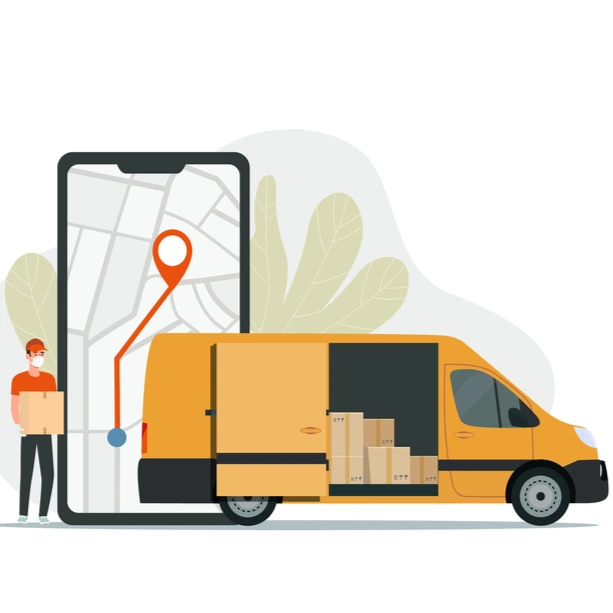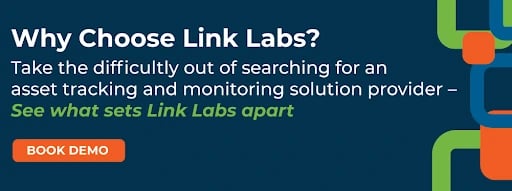Apple AirTag, introduced in 2021, provides consumers with a unique way to track their personal belongings. With accessories, such as keychains and hard-shell mounts, losing keys and bags may no longer be an issue for AirTag users. Although AirTags are a popular tracking device for consumers, how do they fare in the commercial area?
Join the AirFinder Difference!
- Innovation. Organizations can be freed up to innovate and bring more impactful products and services to market.
- Profitability. Increased profitability provides new opportunities to innovate and improve valuation.
- Digital Transformation. Discover competitive advantages, new revenue opportunities, improved customer relationships, and increased efficiency.
AirTag in Action
Commercial Use of AirTags
The limitations of Apple AirTag make them difficult to scale for use at an enterprise scale. AirTags are not able to meet the needs of every business, as it solely provides location information, not historical mapping, embedded sensors for detecting temperature, and more. For example, if a grocery store needed to track certain refrigerated food products and wanted to know both temperature and location of environmentally-sensitive items, AirTag wouldn’t be able to give the temperature of those products as it doesn’t have that function. AirTags also lack the infrastructure needed to group assets tags or create zone notifications and alerts when an item leaves a designated area. Apple AirTag’s IoT platform, or mobile application, is not scalable as one AirTag is limited to 16 Apple user IDs. Additionally, AirTag cannot be integrated into any other system, aside from iOS, unless a specific mobile application is installed on an Android to enable tracking. With that in mind, can Apple AirTags be suitable for commercial use? No, but they do provide benefits to consumers.
Consumer Use of AirTags
Apple AirTags are great for consumer use. For everyday consumers on the go, AirTag enables iPhone users with the power to track important belongings. Even still, battery life can play a factor in Apple AirTags are suitable for consumer use. AirTags have a battery life of up to a year. This is enough for consumer use since it's not always used everyday. When it comes to commercial tracking, AirFinder is the best choice.
AirFinder in Action: Leading Tracker for Commercial Use
Link Labs’s AirFinder is a commercial asset tracking system. With AirFinder, you have access to multiple connectivity options that are ideal in both remote and highly-trafficked areas. Options include: WiFi, cellular, GPS, and the AirFinder private network. The private network provides a secure connection between an enterprise and its assets, separate from existing infrastructure to ensure greater security.
AirFinder is scalable and capable of being integrated into almost any system through an API, and AirFinder tags not only inform users of the location of an asset but certain models also inform users of the asset’s temperature, shock, pressure, and noise. While AirTags are suitable for consumer use, AirFinder was designed specifically for commercial use to meet your enterprise’s asset tracking needs.
Closing Thoughts on Asset Tracking Solutions for Enterprises
Any enterprise interested in a commercial asset tracking system that will lead to greater cost-savings and efficiency should check out AirFinder. If you’ve been considering AirTag as an option for tracking items in the workplace, you may want to reconsider before taking the next step. For more information on AirFinder, book a demo today.






